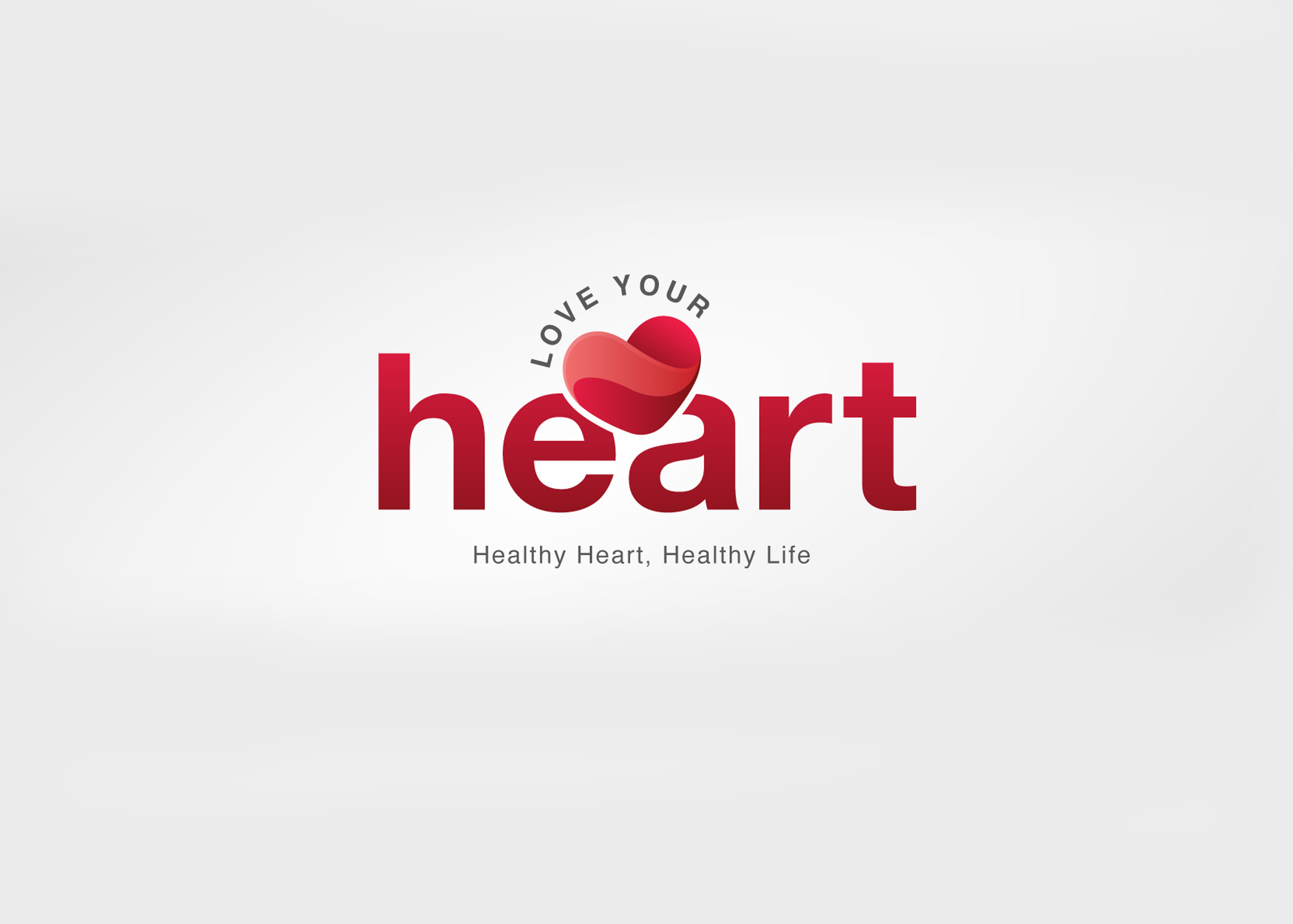Maintaining heart health is crucial for a long and healthy life. The heart is a remarkable organ, beating about 100,000 times a day, pumping blood filled with oxygen and nutrients to every cell in your body. However, due to various factors like genetics, lifestyle choices, and aging, our heart’s health can be compromised. To ensure your heart is in top shape, a regular heart health checkup is essential.
When to Have a Heart Health Checkup?
- Blood Pressure and Cholesterol Test (Starting at age 20 for most people): Regular blood pressure and cholesterol tests are crucial as they help identify hypertension and high cholesterol, both significant risk factors for heart diseases. Monitoring should begin in early adulthood, as these conditions can develop silently over time.
- Blood Glucose Test (Starting at age 40 to 45 for most people): Elevated blood sugar levels can indicate diabetes, a condition that significantly increases the risk of heart disease. Regular glucose tests should commence in mid-life to detect diabetes early and manage it effectively.
- Body Mass Index (BMI) Measurement (Based on body weight or waist circumference): BMI is a simple yet effective tool to assess whether your weight is in a healthy range. Excess body weight, especially around the waist, is a risk factor for heart disease.
Routine Screening for Heart Health (Tests)
Routine screening tests help in early detection and prevention of heart-related issues. They include:
- Blood Pressure and Cholesterol Test: Blood pressure measures the force of blood against the walls of your arteries. High blood pressure strains your heart and can lead to various heart-related complications. Cholesterol tests measure levels of LDL (bad) and HDL (good) cholesterol. High LDL cholesterol levels can lead to plaque buildup in your arteries, increasing the risk of heart disease.
- Blood Glucose Test(s): These tests determine your blood sugar levels, indicating if you have diabetes or prediabetes, both of which can increase the risk of heart problems.
- Body Mass Index Measurement: BMI measures your weight relative to your height. A high BMI, especially if accompanied by an increased waist circumference, can be a sign of obesity, which is a significant risk factor for heart disease.
Additional Tests for Heart Health
In addition to routine screening tests, there are advanced diagnostic tools available to assess heart health, including:
- ECG, EKG: Electrocardiography or ECG records the electrical activity of the heart, helping to diagnose arrhythmias, heart attacks, and other heart conditions.
- Stress Test: This exercise cardiac test evaluates how well your heart functions under stress, typically through treadmill or stationary bike exercises. It’s used to diagnose coronary artery disease and assess overall heart fitness.
- Echocardiography: Echocardiograms use sound waves to create images of your heart, providing valuable information about heart structure and function, helping to diagnose conditions like heart valve disease and cardiomyopathy.
- Nuclear Stress Test: This test combines a radioactive substance with a stress test to create images of blood flow in your heart, used to detect coronary artery disease and assess heart muscle function.
- CT Scan: This non-invasive cardiac CT scan test measures the amount of calcium buildup in your coronary arteries, providing insight into your risk of heart disease.
- CTA (Coronary CT Angiography): CTA is a detailed imaging test that allows visualization of the coronary arteries, helpful for assessing blockages and determining the need for intervention.
- Coronary Catheter Angiography: This invasive procedure involves injecting a contrast dye into the coronary arteries to obtain detailed X-ray images. It’s often used during angioplasty and stent placement procedures.
Visit LLH Hospitals for a Comprehensive Heart Health Checkup
Heart health checkups are essential for everyone, regardless of age or apparent health. Regular screenings, such as blood pressure, cholesterol, and blood glucose tests, should begin early in adulthood. Additional tests like ECGs, stress tests, and imaging studies may be necessary in specific situations. Prioritizing heart health through regular checkups and a healthy lifestyle can significantly reduce the risk of heart disease and contribute to a longer, healthier life. Consult with Dr. Arun Hari Specialist Cardiology to determine the most appropriate heart health checkup schedule for your individual needs.









